DJI Acknowledges New Canadian Drone Regulations
Modern Rules Aim to Harmonize Safety and Technological Advancement
January 9, 2019 – DJI, a leader in civilian drone technology and aerial imaging, has expressed its support for the newly released Canadian drone regulations. These updated guidelines represent a balanced approach that fosters the safe and responsible use of drone technology across the country.
Brendan Schulman, DJI’s Vice President of Policy & Legal Affairs, remarked on the importance of the new regulatory framework. He stated, “The rules published provide a sensible equilibrium between ensuring public safety and making the advantages of drone technology accessible to Canadian businesses and communities.” Schulman highlighted that most drone operators adhere to safe practices and emphasized the collective responsibility of governments, aviation bodies, and manufacturers to educate all pilots on fundamental safety protocols.
The engagement of the public has played a significant role in shaping these regulations. DJI noted that Transport Canada received thousands of comments from individuals illustrating the current safe and productive uses of drones. “These contributions have clearly influenced the final regulations, resulting in a set of rules that significantly improve upon the initial draft,” Schulman added.
Innovative Features of the New Regulations
Schulman praised several innovative aspects of the regulations, including an easily accessible online testing system, provisions for night flying, and a strategic framework aimed at keeping drones away from large airports while allowing for operations in populated areas under reasonable conditions. He remarked, “This thoughtful approach reflects an understanding of the practical application of drone technology in various settings.”
At the heart of these regulatory changes is the Safety Assured Flight Envelope (SAFE) system. Through this initiative, manufacturers can declare their drones suitable for advanced operations, including flying over people or in controlled airspace. DJI plans to closely examine the SAFE system with the intent of actively participating to enhance its offerings for commercial and enterprise users in Canada.
Promoting Safe Operations and Education
DJI advocates for measures that facilitate pilot registration with regulatory bodies, alongside educational programs that inform drone users about safety practices. The company unequivocally denounces unsafe and illegal drone operation, believing that registration systems, online knowledge assessments, and sensible restrictions on drone flights are essential elements to maintain the exemplary safety record associated with drones.
Technological Advancements for Safer Operations
As a frontrunner in the drone industry, DJI has led the way in developing features that enhance operational safety:
- DJI introduced geofencing technologies in 2013, allowing drones to prevent entry into areas that pose national security or aviation safety risks.
- In 2016, the company enhanced geofencing capabilities with real-time updates on temporary flight restrictions and other hazardous conditions while providing options for authorized pilots to operate in restricted zones.
- Automatic altitude limitations were integrated into flight control apps to maintain safe flying heights.
- Recent drone models are equipped with sense-and-avoid systems that detect obstacles, enabling safe maneuvering.
- Automatic return-to-home functions direct drones back to their launch points if battery levels are low or connection to the pilot is severed.
- Real-time battery life and temperature monitoring systems maintain optimal battery health and preemptively alert users to potential failures.
Commitment to Evidence-Based Regulation
In its endeavor to support scientific inquiry into drone-related risks, DJI has backed studies like this analysis, aimed at ensuring that regulations reflect the best available evidence to achieve safety objectives. DJI pledges to continue offering resources to governments and aviation authorities to assist in testing, provide technical knowledge, and offer any necessary support.


